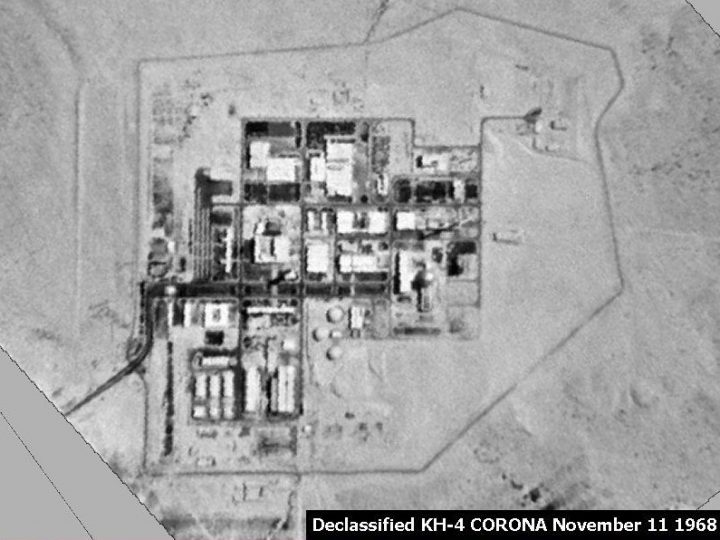By The Israeli Disarmament Movement.
Following the appeal filed by attorney Itay Mack, representing 108 petitioners, the Supreme Court decided to hold a hearing by senior justices, headed by incoming chief justice Ester Hayut, Meni Maziz and Noam Solberg. The petitioners demand the establishment of legislation to regulate operations of the Israel Atomic Energy Commission (IAEC), its roles, authority, form of organization and management, and to require monitoring of its activities and facilities.
Though the IAEC was created in 1952, its roles and methods of monitoring its activities have never been enshrined in law. Instead they were established in a secret administrative order, issued by the then-Prime Minister, David Ben-Gurion, and later via a series of secret government rulings. The commission deals with a variety of topics concerning the health and safety of Israeli citizens, including nuclear safety, licensing of facilities and activities, treatment of nuclear waste, and serving as a governmental consultant for nuclear policy.
In a response submitted several months ago, the government demanded to reject the petition outright and without a hearing. Its claims were that the Supreme Court does not have the authority to order the Prime Minister to legislate, and that either way, the activities of the commission are anchored in procedures whose legality derives from the government’s residual authority to operate in any domain not enshrined in primary legislation.
In a precedent-setting decision, the Supreme Court rejected the government’s position and decided to hold a hearing for the petition. This is the first time in the history of the State of Israel that a court will exercise legal criticism over the Atomic Commission and its activities. During the hearing, the justices are expected to pore over the most highly classified regulations of the State of Israel, and determine whether they are satisfactory and allow the government to continue using them, or to accept the demand of the petitioners to establish legislation that will regulate operations and enable real oversight.
“From our perspectives, the fact that the Supreme Court will even hear this case is a victory,” said Sharon Dolev, Director of the Israeli Disarmament Movement. “We are dealing with dangerous facilities that operate without proper oversight and without legislation. We are hopeful that following the Supreme Court petition, whether we win or lose, we will finally have a real discussion about the nature of oversight on the Nuclear Commission and its facilities. This is not the end of the “kingdom of secrecy,” and Israel’s nuclear ambiguity will not be changed – but the safety of the citizens must be held in higher regard than the convenience of the state and the Commission.”
Former Knesset Member and chair of Meretz (political party) said: “It is time for the nuclear reactor in Dimona to operate lawfully. It cannot be that such an important project – and such a dangerous one – will operate in secrecy and without the legislature’s consent. Likewise, I commend the Supreme Court’s decision to hear this petition, after so many years where the Commission operated in secret. This is not an opinion for or against the IAEC, but simply a demand for proper legislation and oversight when using nuclear technology, perhaps the most dangerous technology in the world.”
Prof. Avner Cohen of the Middlebury Institute of International Studies in Monterey, and author of “Israel and the Bomb” (1998), said: “The fact that the Supreme Court justices refused to accept the state’s demands to reject the petition and deny any discussion, and instead decided to accept and listen to the petitioners’ demands – that in itself is a very powerful statement. It proves that the Supreme Court recognizes that the current situation is highly problematic. It is an unprecedented hearing. We are also sure that there is no better timing for the hearing of this petition than parallel to [the legal questions surrounding the recent German-Israeli] Submarine affair, even if the affair is not a criminal matter.”






